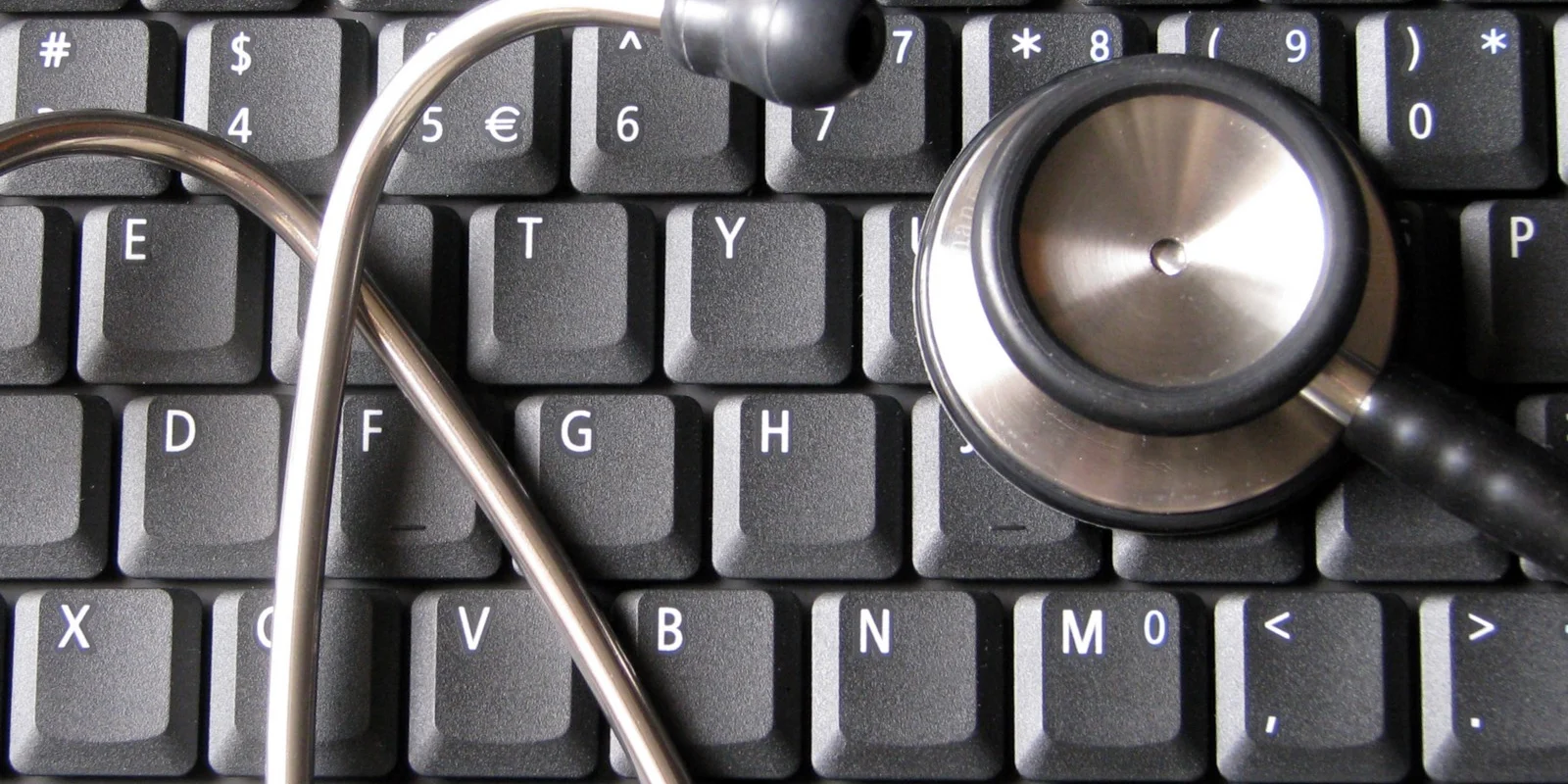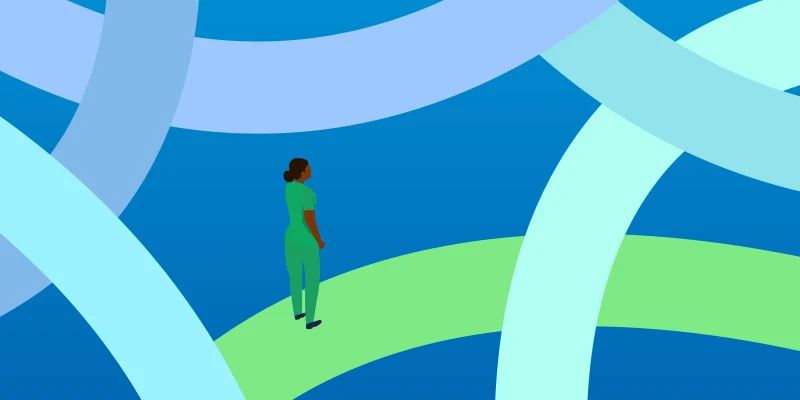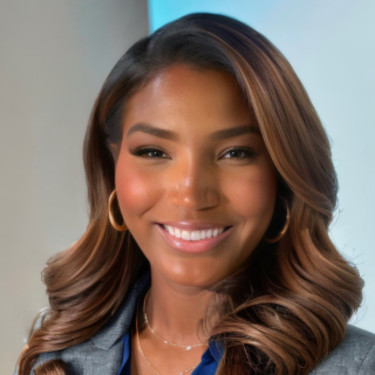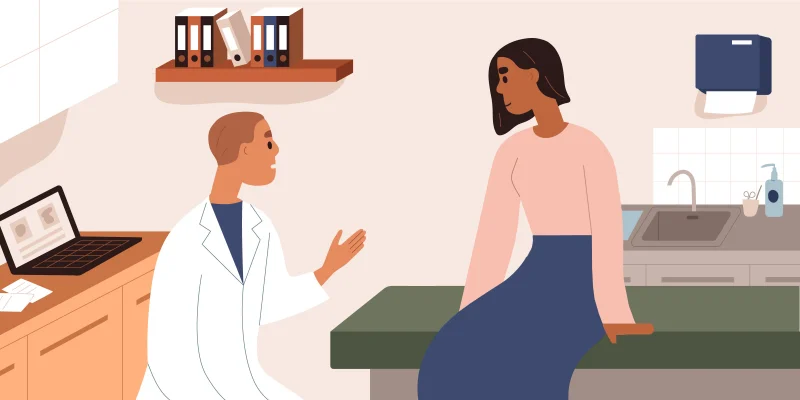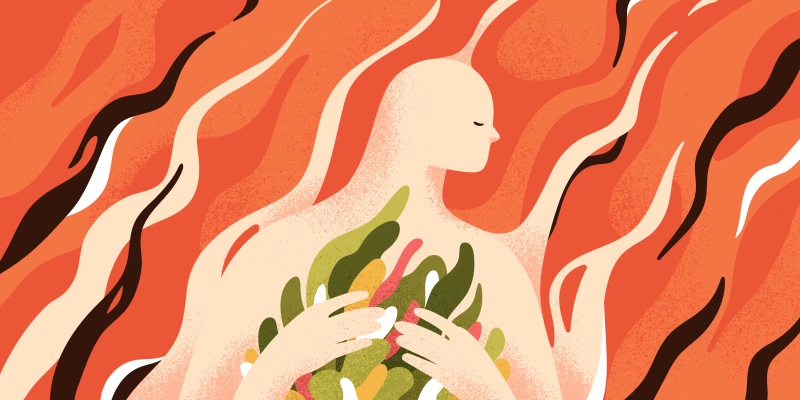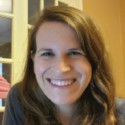
Op-Med ran the “Primary Care” contest in March 2018. We are excited to announce this piece as an honorable mention.
Hazel died relatively young at the age of 64. She died from a stroke, a complication of severe, untreated diabetes. She was like many African American women of her age. Born in 1924, marrying relatively young and starting a family. Her husband worked as a mail carrier for the United States Postal service born in 1920 and dying at the age of 44 from a ruptured aortic aneurysm. Their oldest daughter grew up to become a registered nurse, and her daughter grew up to become an Internal Medicine physician. However, neither Hazel or her husband Ernest lived long enough to see one of their descendants graduate from medical school.
I was only 14 at the time of my grandmother’s death. This was when I first began to understand what diabetes was. I came to understand the disease as deadly, watching it rob my grandmother of her memory (through vascular dementia I would learn later), her ability to walk (as a consequence of multiple strokes), then her life. I would later ask my mother about the grandfather I never had the pleasure of meeting, who suffered from untreated hypertension. As a child, I understood these common diseases to be deadly, and I felt compelled to do something. I wondered if my grandparents could have visited a physician that looked like them, from their community, maybe they would have sought help? Maybe my grandfather would have lived to see his grandchildren graduate from college, and would have known that his service in the military during World War II was all worth it.
I was still in my teens when I decided to pursue medicine. Like so many of my colleagues, I started my long journey through the rigors of undergraduate education, then medical school and finally residency. During medical school, I knew within 3 hours of outpatient clinic in an endocrinology clinic that I wanted to become an Internist. Patients that were like my grandparents were presenting themselves to prevent and treat the deadly diseases that killed my grandparents. They are doing well and are thriving in their lives.
I am so fortunate to work in a community in which my patients feel they can identify with me being an African American female. It truly is a wonderful feeling that maybe some patients that would not have sought care take a risk by coming to see me, hoping that I’ll understand that at times, they feel intimidated or left out of both society and health care. I also have the blessing of knowing many of my patients chose me simply because they know I will do all I can for them as patients. This is what helps me to cope as the pressure of being the only Internal Medicine physician accepting patients in my community builds. I remind myself that as the number of administrative tasks begins to surpass the number of patient related tasks that I am not only concerned with coding E11.65 or I10.0. I am not just trying to prevent I63.9, I am working to save a life. My patients aren’t just RVU’s, with encounters that must be completed within 24 hours. They are parents, grandparents, mothers, and daughters. I am thankful that I was born in a time to learn the skill ot typing proficiently, a skill I would need to navigate an increasingly complicated electronic medical health record.
As I look forward to the future, and wonder about how the healthcare industry will continue to change, will there still be a place for people like Ernest and Hazel? I write this essay after having taken my mother, the registered nurse who is now a medicare recipient to the emergency room after having had a severe fall. My heart saddens upon realization that after 6 hours of time in the emergency room, she has not been touched by a physician other than me. I feel dismay as I watch nurses and doctors spending most of their time staring at a screen on a tablet or a computer. I pray that the “care” stays in healthcare.
I embrace my post in this ever changing world of medicine. I must find a way to enter data into a computer with one hand, and physically hold the hand of my patient with the other. Even as Ernest and Hazel are now coded as I10.0 and E11.65, I am so fortunate that I am in the position to carve out time to connect with the human behind the code, and hopefully help them to live long, happy days.
Charlyce Davis MD, MBA, Reiki Master is an Internal Medicine physician practicing in Oklahoma. She loves practicing Internal Medicine and offering Reiki to her patients and blogs at https://physicianreikimaster.com/.
